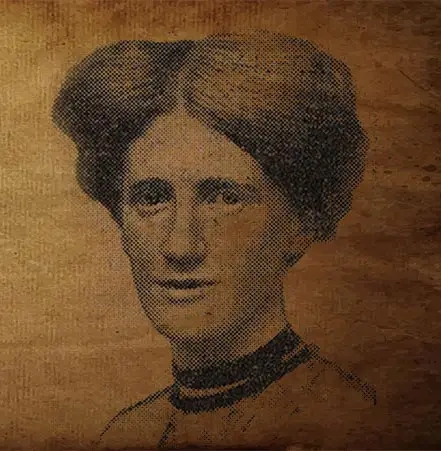CHILD RIGHTS IN INDIA
The genesis of Child Rights was a document drafted by Eglantyne Jebb, founder of Save the Children, in 1919. The ‘Declaration of the Rights of the Child’ serves as a pre-cursor to the globally ratified United Nations Convention on the Rights of the Child (UNCRC).
- Jebb’s vision to see no child deprived of their childhood gave rise to Bal Raksha Bharat in 1919.
- The association between Bal Raksha Bharat and India, however, was forged when Mahatma Gandhi signed Jebb’s ‘Declaration of the Rights of the Child’ in 1931.
- Later, in 1991, to become an ethical labour market to international organizations, India formally consented the United Nations Convention on the Rights of the Children in 1992.
- The Convention originated from Jebb’s desire to end the suffering of children, by providing them with a healthy, happy, and safe environment that nurtured them physically, mentally, and emotionally.

CHILD RIGHTS IN INDIA
The genesis of Child Rights was a document drafted by Eglantyne Jebb, founder of Save the Children, in 1923. The ‘Declaration of the Rights of the Child’ serves as a pre-cursor to the globally ratified United Nations Convention on the Rights of the Child (UNCRC).
- Jebb’s vision to see no child deprived of their childhood gave rise to Bal Raksha Bharat in 1919.
- The association between Bal Raksha Bharat and India, however, was forged when Mahatma Gandhi signed Jebb’s ‘Declaration of the Rights of the Child’ in 1931.
- Later, in 1991, to become an ethical labour market to international organizations, India formally consented the United Nations Convention on the Rights of the Children in 1992.
- The Convention originated from Jebb’s desire to end the suffering of children, by providing them with a healthy, happy, and safe environment that nurtured them physically, mentally, and emotionally.
What are Child Rights?
The United Nations Convention on the Rights of the Child (UNCRC) defines Child Rights as the minimum entitlements and freedoms that should be accorded to every human being below the age of 18 regardless of race, national origin, colour, gender, language, religion, opinions, origin, wealth, birth status, disability, or other characteristics.
Child Rights and Bal Raksha Bharat
We are aware that many children, in India, are not able to access their basic rights. Formally established in India in 2004 as Bal Raksha Bharat, Bal Raksha Bharat has imbibed children’s rights at the core of its programmes, activities, and day-to-day work, thus becoming India’s leading independent child rights organisation. Bal Raksha Bharat helps children exercise their rights; we anchor our programmes, advocacy, research and every undertaking so that every child is able to exercise his/her rights.
What are Child Rights?
The United Nations Convention on the Rights of the Child (UNCRC) defines Child Rights as the minimum entitlements and freedoms that should be accorded to every human being below the age of 18 regardless of race, national origin, colour, gender, language, religion, opinions, origin, wealth, birth status, disability, or other characteristics.
Child Rights and Bal Raksha Bharat
We are aware that many children, in India, are not able to access their basic rights. Formally established in India in 2004 as Bal Raksha Bharat, Bal Raksha Bharat has imbibed children’s rights at the core of its programmes, activities, and day-to-day work, thus becoming India’s leading independent child rights organisation. Bal Raksha Bharat helps children exercise their rights; we anchor our programmes, advocacy, research and every undertaking so that every child is able to exercise his/her rights.


